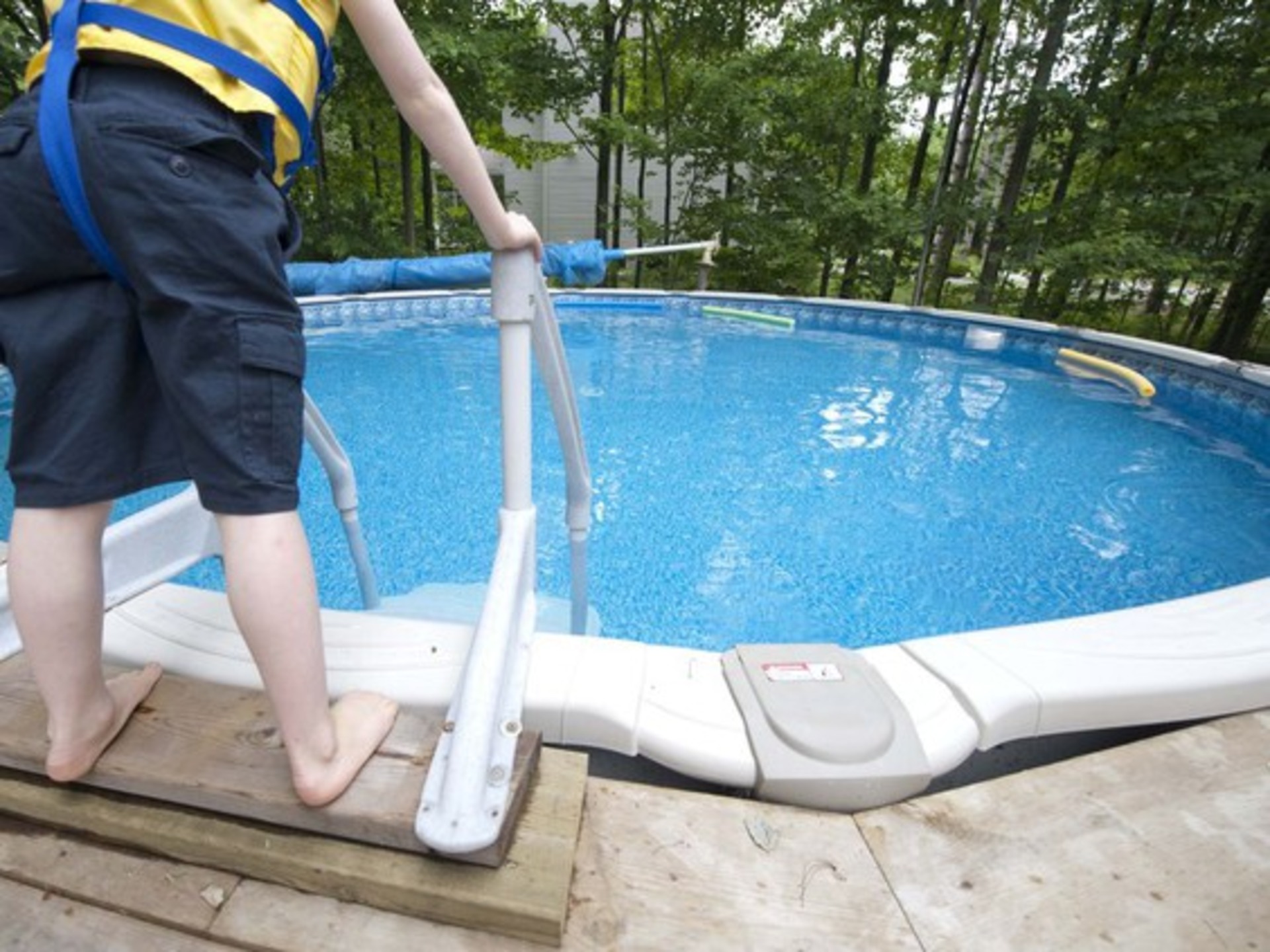Ask questions before buying a home with a backyard pool
10 Jun 2021
Quebec has announced that all residential pools, regardless of the installation date, must conform to new safety regulations.
Backyard pools have always been popular with Quebecers, and since the COVID-19 pandemic, they’ve become an even more sought-after feature for many homebuyers. Yet many buyers — especially first-time pool owners — underestimate the costs involved.
If you’re in the market for a home with a pool, it’s not just pool chemicals and regular maintenance you need to factor into your budget. Heaters and filters break, liners crack, pipes leak, concrete needs regular repainting — and none of this is cheap.
Japan Olympic official dies after jumping in front of train, reports say
A recent government announcement added a new expense to factor in for those with older pools installed prior to 2010: a requirement to bring these pools up to current safety codes by 2023.
Some requirements, such as ensuring in-ground pools have a ladder or steps, aren’t a big deal to meet. Others, such as ensuring pools are fully fenced on all sides, could cost homeowners anywhere from a few thousand dollars to $10,000 or more, depending on the size of the area and the type of fencing chosen.
West Island realtor Sean Broady noted that, in the past, some buyers without children or who had older kids would ask specifically to see homes with older pools, because they preferred the open look of a pool that is not fenced.
Previously, pools that had been installed before 2010 were considered “grandfathered” and not subject to the same stringent safety requirements as newer pools. Now that the rules have changed, those buyers are on the hook to pay to upgrade.
Since homeowners have two years to make the improvements, it’s important for anyone in the market for a home with a pool to be aware that they will have to budget for any extra costs to bring an older pool up to code, in addition to the usual pool expenses.
Most new pool owners underestimate the upkeep and maintenance costs, Broady noted. One way to get a better sense of the true cost is to ask to see receipts for pool maintenance and equipment purchases.
“You’re looking at $2,000 a season for some in-ground pools, and even higher if you’re in an area with a lot of trees and a lot of debris that’s going to fall into the pool,” he said. “They’re not cheap.”
It’s possible to have a professional come do a pool inspection as well as the usual home inspection. Yet in today’s hot market, buyers don’t have a lot of time to research how much repairs and maintenance might cost before writing an offer.
“You really don’t have much time to do proper due diligence these days, which is unfortunate,” Broady said.
If they can’t do an inspection, buyers often must guesstimate the costs to repair or upgrade a pool, he said. To be on the safe side, it’s best to assume the worst-case scenario, and round up, to ensure there’s enough money set aside to pay for any fixes that may be required.
Since seller’s declaration forms don’t include a section specifically to cover pools, Broady said it’s important for buyers to ask questions to assess the condition of the pool. Some of the questions to ask include the age of the pool and key machinery such as the pump and heaters, and if there have been any problems with the pool, he said.
Buyers can also include a clause in the offer that the pool must be in good working order by the possession date. If buying in the winter when the pool has already been closed for the season, it’s common to include a clause that will require the notary to hold back $5,000-$10,000 until the pool is opened the following season and proven to be in good working order, Broady said.
Despite the costs and complexities, the popularity of pools has skyrocketed during the pandemic. The annual cost of some pools can be as much as a holiday getaway — yet as long as our enforced ‘staycation’ continues, many homeowners still feel the investment in a backyard pool is well worth it.
